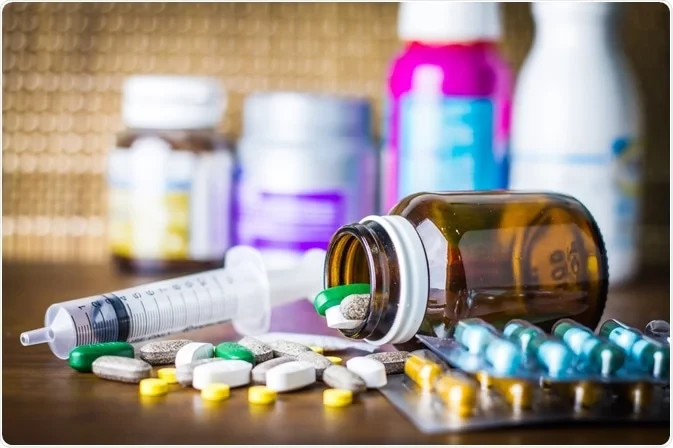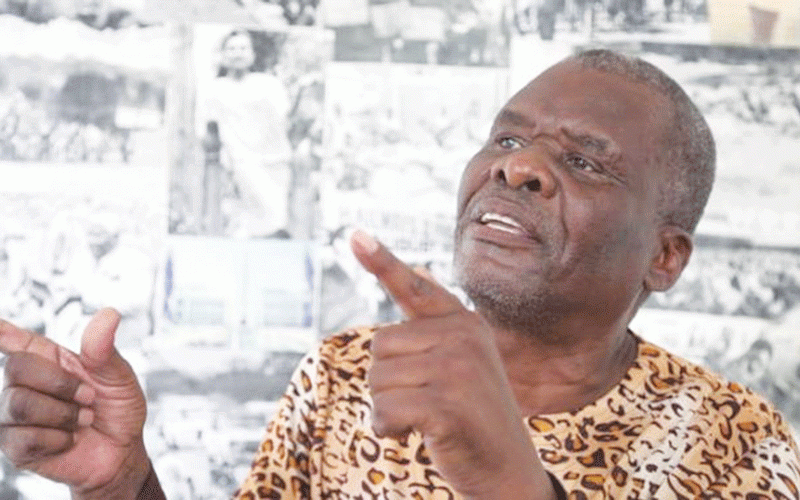
WHILE the world is preoccupied with major conflicts, the climate crisis and slow economic recovery following the COVID-19 pandemic, drug abuse is another growing issue that is slowly but surely infiltrating society and wreaking havoc. In an environment where drugs have become the go-to panacea in the absence of other opportunities, the number of people, mainly youth, using or abusing drugs has been growing over the years.
Data released last year, show that the number of people who injected drugs in 2021 was estimated at 13,2 million, which is18% higher than previously estimated. Globally, nearly 300 million people used drugs in 2021, an increase of 23% over the previous decade. The number of people who suffer from drug use disorders, meanwhile, has spiked to nearly 40 million, a 45% increase over 10 years.
In countries where economies are struggling, it is common to see youths roaming the streets like zombies under the influence of drugs. It is a last resort or a way of hiding away from social and economic challenges — one that does not solve the problem but creates some. Whatever the circumstance, the same society endures the consequences of drug abuse either in rising crimes, rehabilitation or any other challenge arising from it.
Drug abuse is causing major harm to economies and societies as well as instability, violence and environmental devastation. Illicit drug markets continue to expand in terms of harm as well as scope, from the growing cocaine supply and drug sales on social media platforms to the relentless spread of synthetic drugs — cheap and easy to manufacture anywhere in the world and in the case of fentanyl, deadly in the smallest of doses.
Drug abuse disorders are destroying health, including mental health, safety and well-being. According to recent data, fewer than 20% of people with drug use disorders are on treatment and access is highly unequal. The World Drug Report 2023 published by the UN Office on Drugs and Crime (UNODC) notes that women account for almost half the people who use amphetamine-type stimulants, but only 27% of them are receiving treatment.
Addressing drug abuse is not as easy. This is because for illicit drugs to penetrate local markets and navigate all the law enforcement institutions, senior political leadership must be involved and/or benefit. Once that happens, they get hooked to the kickbacks from the sale of drugs which they use for their political survival. Even without consuming the drugs, they become dependent on them thus complicating efforts to eradicate drug abuse.
In Guatemala, the mayor of Nueva Conception town was accused of facilitating drug trafficking and money laundering for Mexican drug cartels that used the coastal route to transport cocaine to the United States. He was not prosecuted because he enjoyed immunity until the end of his term. This meant that he could invest the proceeds earned from drug trafficking to extend his stay in power and avert prosecution.
In 2021, a report emerged showing that in Mexico drug trafficking cartels resorted to assassinating local government officials and politicians for nearly two decades. Since the early 1990s, the cartels knew that their success depended on weak leadership or one that depended on them. This scenario made it easier for them to co-opt government authorities and aspiring politicians. Those politicians who spoke against or promised to eliminate drug abuse were either elbowed out of the political scene or assassinated.
- Develop me: Drug abuse, a growing scourge
Keep Reading
This is evidence that drug abuse and trafficking challenges pose major policy dilemmas that cannot be addressed by any one country or region alone. Drug abuse is a growing and complex problem that weakens the government and health systems. The drug problems may be global, but they do not affect all countries equally. It is the vulnerable, the poor, and the excluded who pay the highest price, in the global South and in underdeveloped and underserved communities in all countries, cities, and villages.
Addressing drug abuse starts by dismantling trafficking networks within countries and regions and this requires regionally co-ordinated approaches, and strong and efficient drug law enforcement strategies, including enhanced inter-agency cooperation within a country as well as with agencies across borders and regions. Most governments have ratified all the drug control conventions and established domestic legal and regulatory regimes to control drug supply, but efforts to effectively implement and apply them are undermined by abuse of political power and corruption.
In addition, addressing the drug problem requires a political system that places people at the centre of everything not one that is threatened by the political pressures of good governance, accountability, and transparency. Any system that evades its responsibilities finds political comfort in the growing drug abuse by the youth. Putting people first requires policymakers and service providers to actively protect the human rights of all. Early prevention is crucial, and governments must invest more in education skills development and growing economies.
- Tapiwa Gomo is a development consultant based in Pretoria, South Africa. He writes here in his personal capacity.









